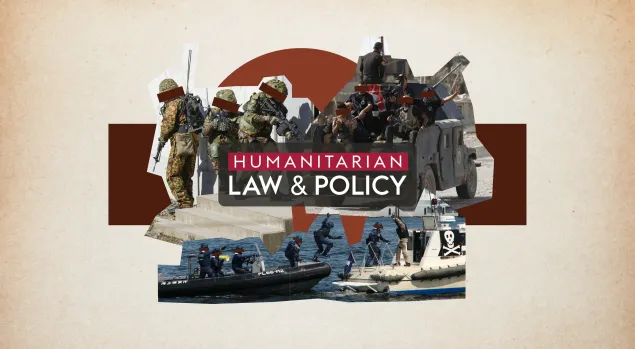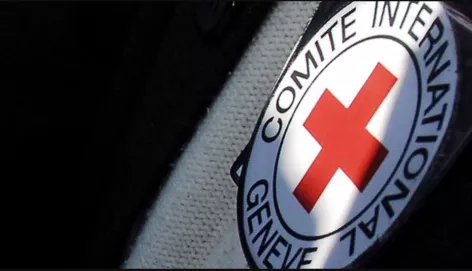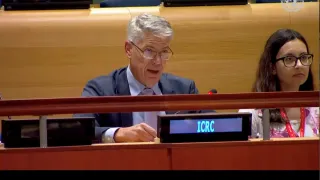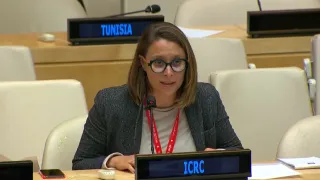The ICRC approach
The ICRC unequivocally condemns terrorism of all forms, no matter whether it occurs during or outside of armed conflict and irrespective of the perpetrators. Terrorism violates international humanitarian law and negates the basic principle of humanity. The ICRC recognizes the legitimacy for States to take responsive action to counter terrorism and ensure their security and that of their population. In the same vein, the ICRC does not take a position on the legitimacy or necessity of sanctions.
However, these sanctions and CT measures – whether adopted at the UN, or at regional or domestic levels – have caused concern in the humanitarian community. This concern originates mainly in the complex legal, logistical and financial challenges posed by sanctions and CT measures, the cumulativeeffects of which have adversely affected the scope and quality of humanitarian activities conducted for people affected by armed conflict.









